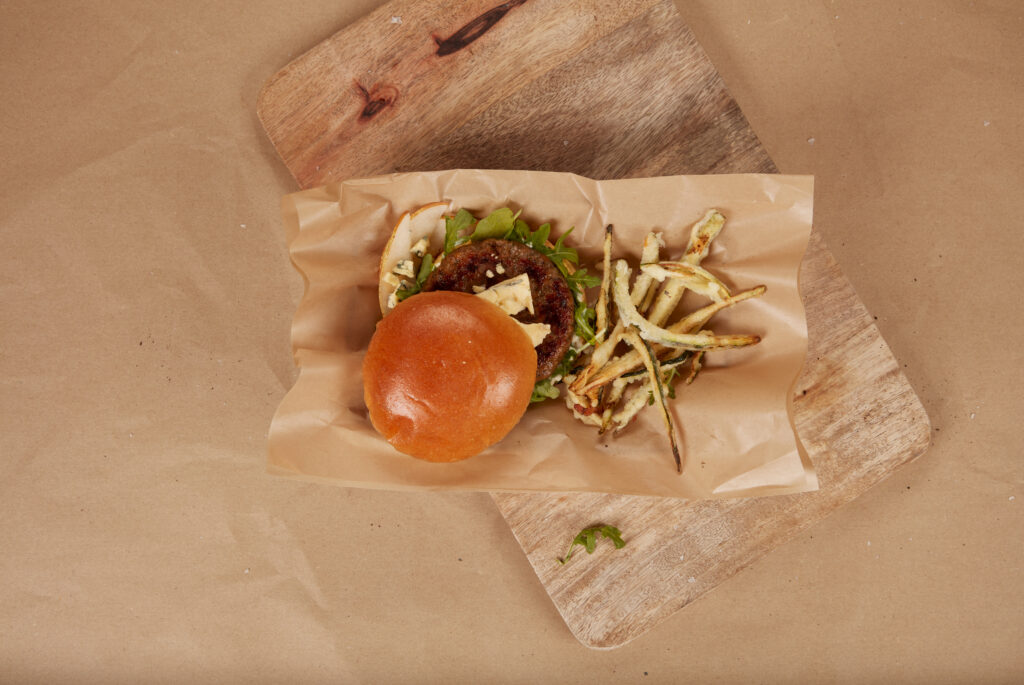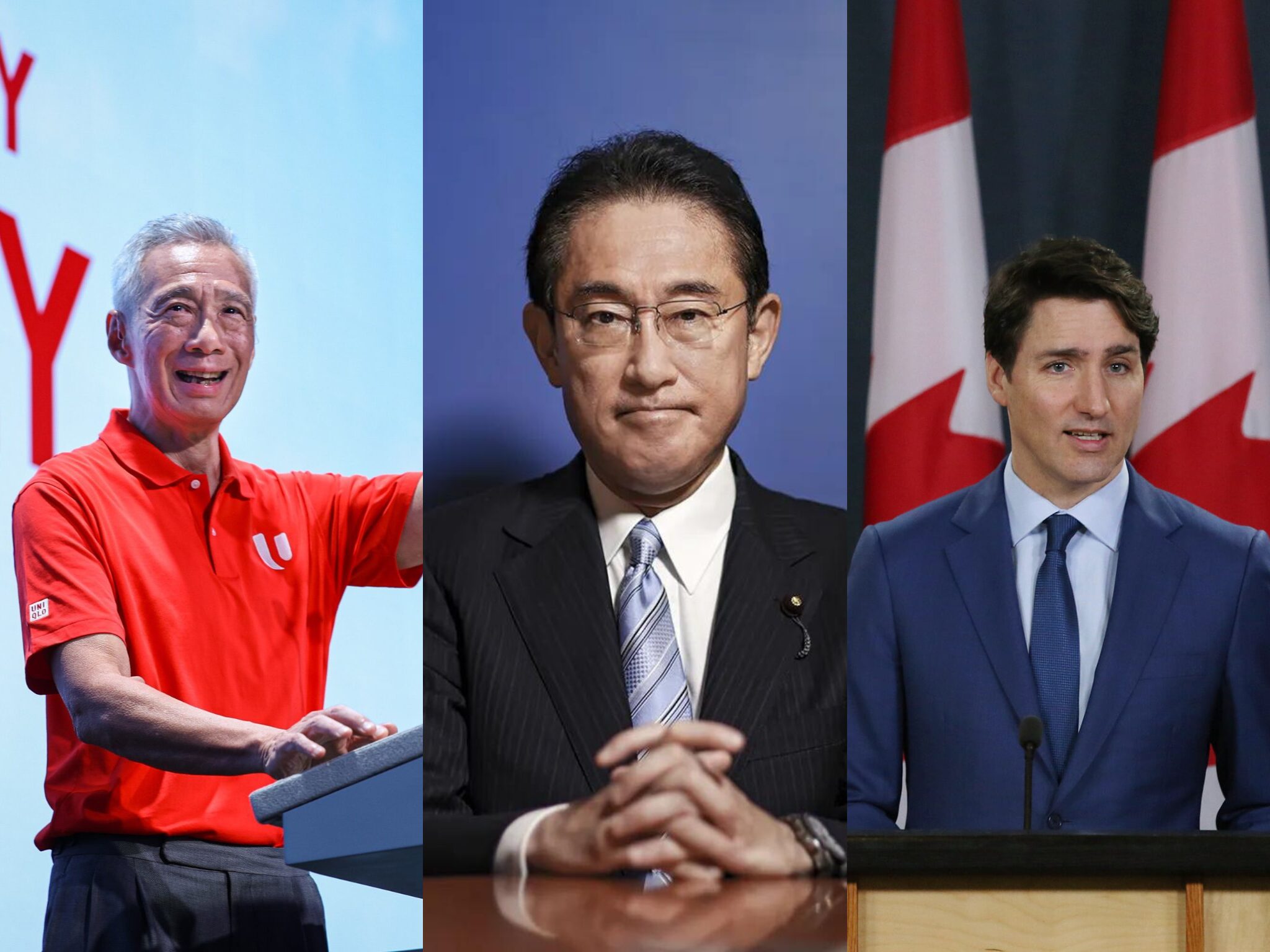State of Global Policy: Canada Leads Investment in Alt-Proteins, Asia a Region to Watch
6 Mins Read
Canada and the EU lead the way in terms of public funding for alternative proteins, while Asia is a region to watch for this year, according to a new policy-centric report.
Governments are investing more capital and implementing more supportive policies for alternative proteins as they recognise their potential as a solution to climate change, food security, public health, and employment – but they still have “plenty of ground to cover”, according to a new report.
Published by industry think tank the Good Food Institute (GFI), the State of Global Policy presents a snapshot of governments’ views on alternative protein across the planet in 2023. Its analysis estimates that public funding in the sector reached $523M last year, though this represented a 12.6% decline from the $599M poured into the industry in 2022.
Breaking this down further, $190M of this figure went to R&D, and another $163M was earmarked for commercialisation efforts. The remaining $170M was for mixed purposes. As for which alternative protein was most popular, it was a close call between plant-based ($189M) and fermentation-derived ($181M) innovations. Cultivated meat trailed behind with just $40M in government investments, while $112M was set aside for a combination of these proteins.
That said, GFI outlined that countries need to invest $10.1B annually for the industry to realise its full potential – this marks a nearly 30-fold increase from the actual investments that were disbursed in 2023 ($348M). But it’s just a fraction of the world’s spending on EVs, renewable energy and other climate-friendly technologies.
“By making public investments on par with other strategic priorities, policymakers can greatly accelerate the pace and scale of protein innovation and position their governments as leaders in a future industry,” the report states.
Here are the countries championing alternative proteins across different segments.
Who were the stars of 2023?

The report picks out Germany and the UK as the stars of 2023 for their dramatic increase in spending on alternative proteins. Germany surpassed its all-time funding into alternative proteins ($35M) with $44M in investment last year. The country is investing up to $20.4M in alternative proteins between 2023 and 2028, which includes a $547,000 grant to Kynda, as well as a new research project for cultivated seafood.
Germany has also set aside €38M ($41.3M) in its federal budget for 2024 to develop alternative protein production capacity and help farmers transition to plant-based agriculture. And, in March this year, it adopted a national nutrition strategy recommending that plant-based foods should make up at least 75% of people’s diets.
The UK, meanwhile, announced a $15.3M cellular agriculture research hub, funded over 20 research projects, and included cultivated meat and fermentation in a $2.2B national biotechnology plan. It also received its first two cultivated meat applications from Aleph Farms and Ivy Farm Technologies in 2023 (followed by Vital Meat last month), and is now overhauling its pre-Brexit regulations to clear the path for novel food companies. Cultivated pet food company Meatly is expecting the greenlight and a market launch imminently.
The public investment leaders

While the UK and Germany may be becoming major players, their investment is far eclipsed by a few others. Canada tops the charts with $129M invested in alternative proteins in 2023 (versus $174M in all-time funding before then). This is largely thanks to the allocation of $112M from Protein Industries Canada, a public-private partnership for novel proteins and one of the country’s economic clusters.
It was followed by the EU ($113M) and the US ($82M). Before 2023, Denmark was the leader on this list, investing a total of $223M in the sector – but it fell off last year, with just $891,000 in alternative protein financing.
The regulatory winners

Singapore has always been a flagbearer of progressive regulation when it comes to alternative proteins, but last year the US joined it as the only other country to approve the sale of cultivated meat, with Eat Just’s Good Meat and Upside Foods both launching their cultivated chicken products in restaurants.
The two countries had already given the go-ahead to precision fermentation company Remilk for its recombinant whey proteins, and its home country Israel joined that list, granting approval in April. Israel also became the third country to clear cultivated meat for sale at the start of this year. And Singapore followed its 2020 approval of Good Meat by giving the greenlight to Australia’s Vow.
The plant-based pioneers

GFI pinpointed three countries championing plant-based proteins by boosting local agriculture and manufacturing. Australia, which rescinded a grant for pulse protein factories after delays in enactment made the projects ineligible, saw four of its six states invest in alternative protein. One of them was Western Australia, which poured $3.3M into a factory producing oat milk enriched with lupin protein.
Neighbouring New Zealand, meanwhile, allocated $7M for a project developing alternative proteins from local crops like green peas, oats and hemp.
And in France, the government put restrictions on plant-based meat labels, but also led a $35M Series A fundraise of whole-cut vegan chicken producer Umiami. This was followed by its $8M grant for the company’s commercial-scale factory in 2022, which opened three months ago.
The cellular agriculture supporters

Six countries were highlighted by the GFI report for their biotech, research and infrastructure support for cultivated and fermentation-derived proteins. Two of the four pillars of Singapore’s $117M Food Story 2.0 programme are relevant to alternative protein, with a heavy focus on cultivated meat.
Israel awarded its previously announced funding of $13M for a precision fermentation contract development manufacturing organisation, while in the US, the Cornucopia programme seeks to create microbial foods, with $10.4M given to one of four fermentation projects over four years.
In February 2023, South Korea’s North Gyeongsang Province led a 28-member MoU to advance the cellular agriculture industry. The province also established a regulation-free zone for proof-of-concept prototypes, and a $6.7M Cellular Agriculture Industry Support Center.
The Netherlands, meanwhile, provided $1.1M from its Cellular Agriculture Netherlands programme for research into producing collagen and elastin through precision fermentation. And Finland supported local fermentation startup Solar Foods with the construction of two facilities through investments and grants, while funding a $5.3M research project for microbial fermentation.
The countries to watch

Among the six countries GFI outlined as laying the groundwork for significant investment in the sector, half are in Asia. India’s Ministry of Science and Technology announced a National Biomanufacturing Policy that includes alternative proteins as a key pillar, and created a funding programme to promote millets as a raw material for the plant protein industry, approving a $107,919 project for egg alternatives.
In November 2023, Japan accepted a proposal from three companies for R&D on cultivated wagyu beef, focused on scaling and commercialisation. And China, which included cultivated meat in its 14th five-year plan in 2022, “offered generous incentives to industry players” – while exact investment numbers are not known, its cultivated meat industry has grown as it’s a lower-cost environment than Europe or the US.
Elsewhere, Brazil may not have announced any new funding in 2023, but its new government’s “prioritisation of sustainability, the green economy, and low-carbon agriculture bodes well for the field”, the report suggests.
South Africa became possibly the first country in the continent to make a public investment in precision fermentation, injecting $700,000 into DeNovo FoodLabs’ development of whey protein. Finally, in Spain, the regional government of Catalonia awarded $7M for the construction of a scale-up facility for plant-based and fermented proteins.



